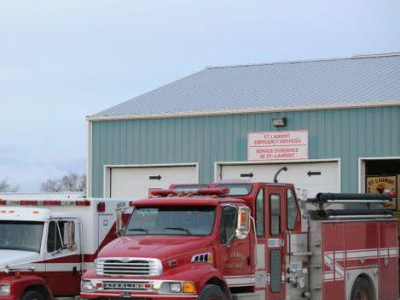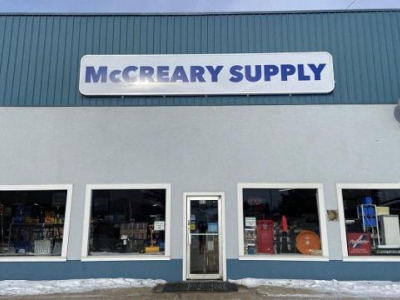No One Hurt in Destructive School Fire
Students at a school in Sanford, Manitoba, are having to relocate because of a fire that caused $2-million in damages.
Superintendent Pauline Lafond-Bouchard says efforts will be made to keep the students and staff in the community, but details of the plan have not yet been finalized.
The fire broke out Thursday afternoon on the roof where construction involving tar was being done.
The school housed a daycare, and about 100 kids and staff were evacuated safely. No one was injured.
---
Provincial Park Entry is Free in Manitoba This Weekend
The Manitoba government will once again offer free entry to provincial parks to mark the Labour Day long weekend.
Sustainable Development Minister Cathy Cox says they want tp encourage Manitobans to take the opportunity to enjoy all that the provincial parks have to offer.
Park vehicle permits won't be required in provincial parks but camping fees and entrance fees to national parks will still apply.
In addition to free entry at provincial parks there will be a variety of special interpretive programming this weekend.
---
New Rifles for the Canadian Rangers
Soldiers in the northern arm of Canada's military are getting a weapons upgrade that's been a century in the making.
The Canadian Rangers have been using Lee Enfield 303 rifles since the First World War, but the defence minister says the weapons will soon be replaced.
Harjit Sajjan says Colt Canada has a $33-million contract to supply the Rangers with 6,800 new rifles.
He made the announcement in Whitehorse during annual training exercises in the North.
---
North Battleford Asks Residents to Use Water Sparingly, But Lifts Restrictions
Officials in North Battleford, Saskatchewan, have lifted all watering restrictions in the wake of a recent oil spill.
But they're asking people to continue using moderation and follow an alternating schedule for watering their lawns.
A Husky pipeline leak in July spilled thousands of litres of oil into the North Saskatchewan River near Maidstone.
North Battleford was among three communities that had to find alternate water sources when the oil plume moved downstream.







